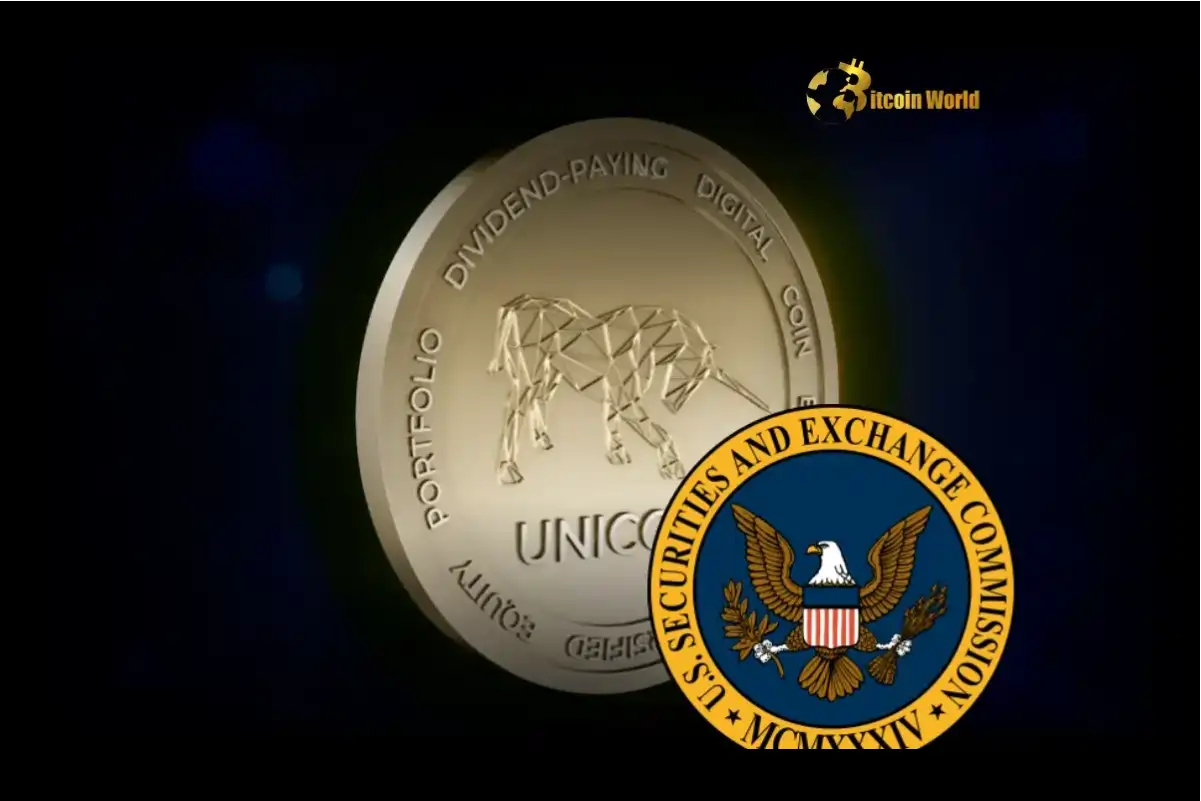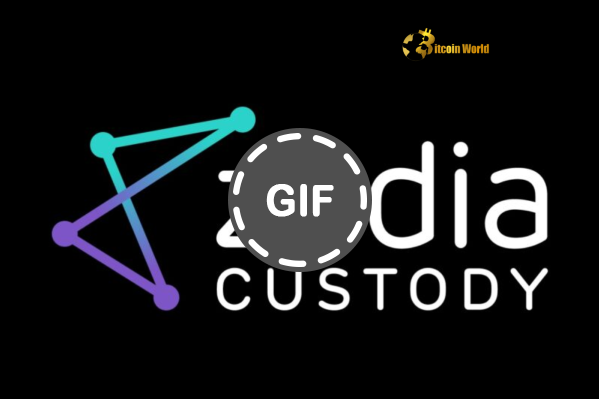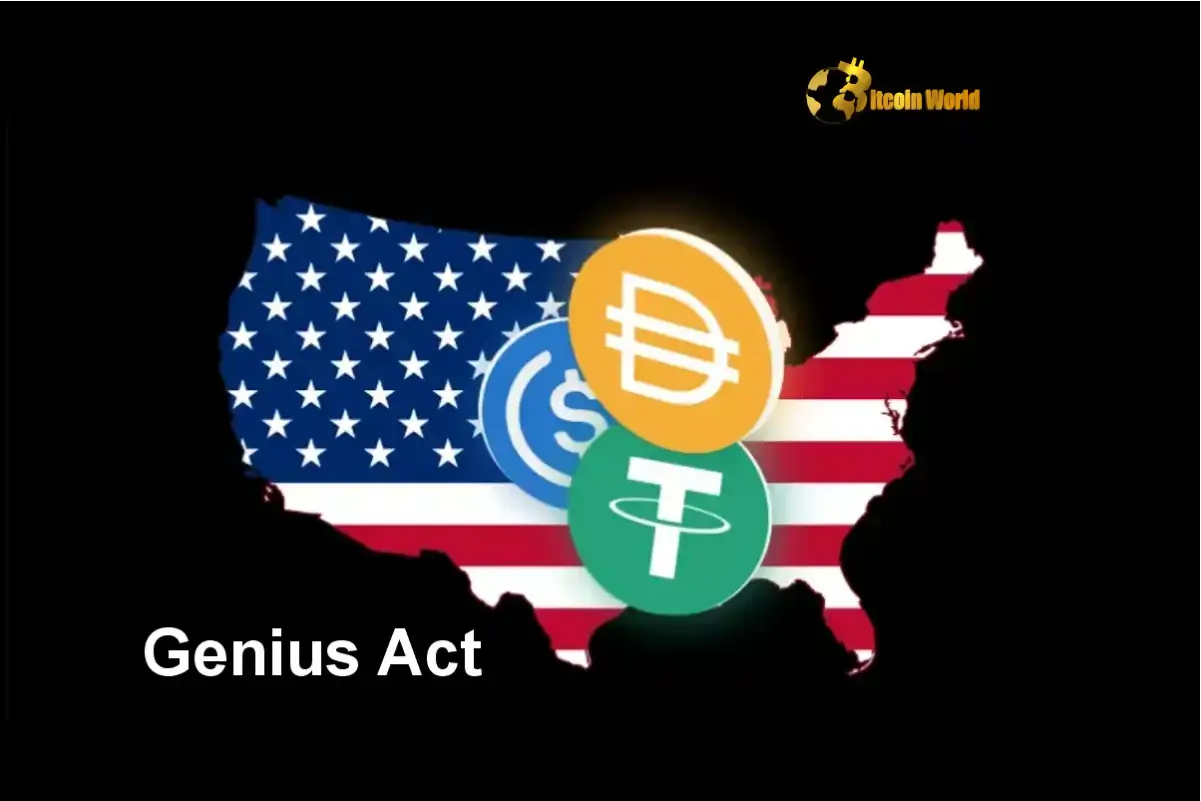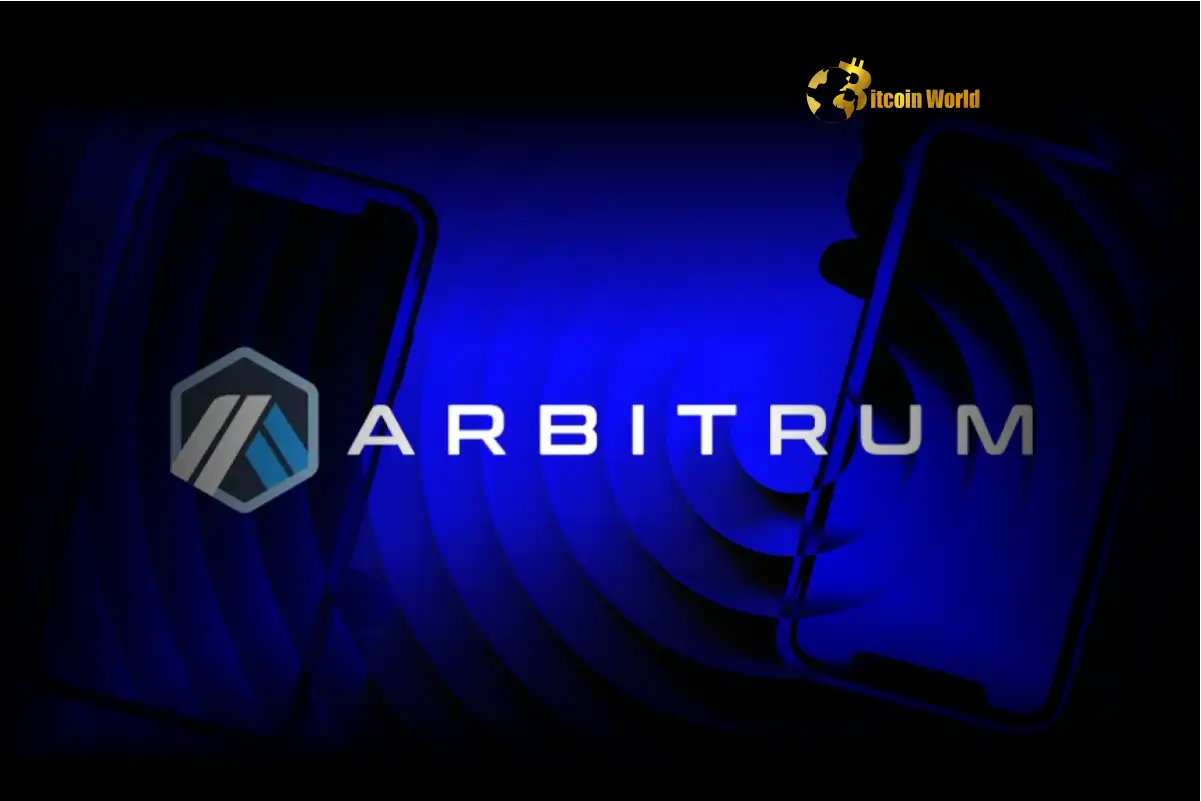BitcoinWorld
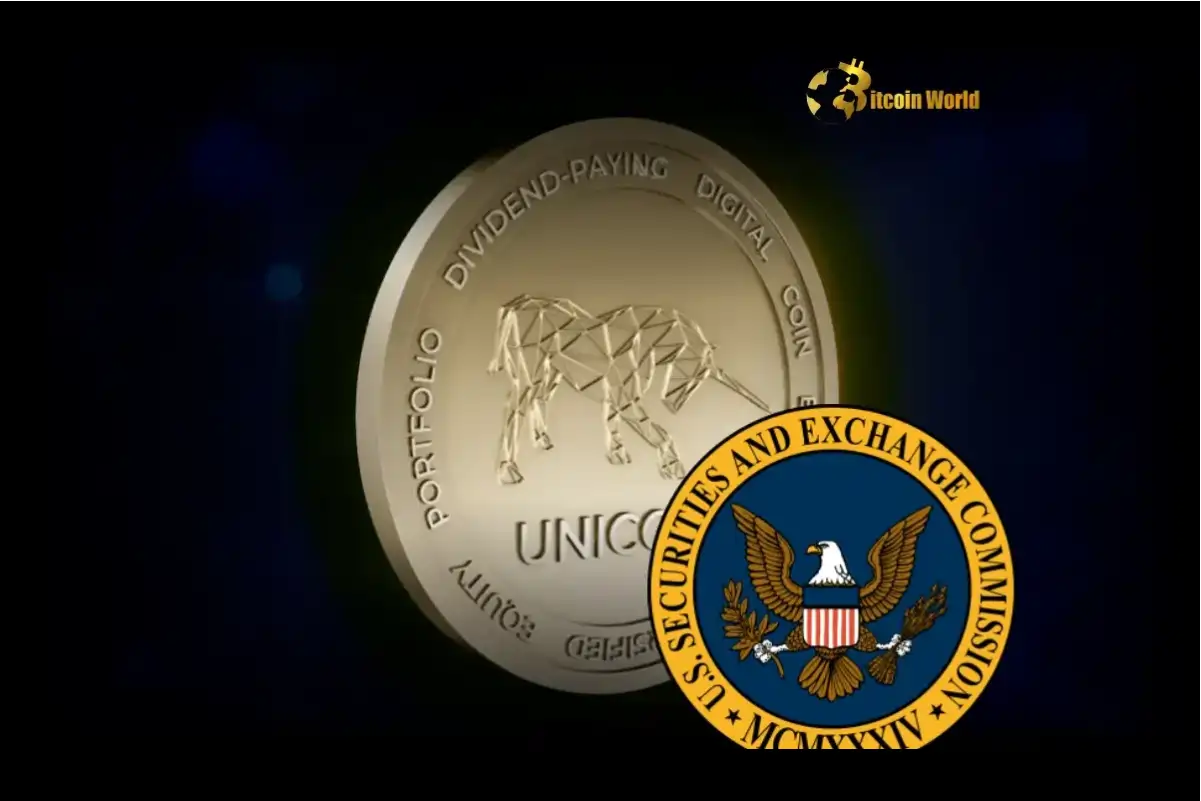
Urgent: SEC Charges Unicoin and Executives with Massive Fraud
The regulatory spotlight continues to shine intensely on the cryptocurrency space. In a significant development, the U.S. Securities and Exchange Commission (SEC) has brought serious charges against crypto investment firm Unicoin and several of its top executives. This action underscores the SEC’s ongoing efforts to police the digital asset market, particularly concerning allegations of fraud and the sale of unregistered securities. For anyone following the market, understanding these regulatory moves is crucial.
What Are the SEC Charges Against Unicoin?
The core of the SEC charges Unicoin with misleading investors. According to the official complaint, Unicoin allegedly made false and misleading statements about the backing of its tokens. The company claimed its tokens were supported by substantial real-world assets, specifically valuable real estate. This claim was a major selling point, designed to attract investors by suggesting a level of stability and tangible value often sought in volatile markets like crypto.
However, the SEC’s investigation paints a different picture. The complaint alleges that the actual value of the assets Unicoin held was only a small fraction of what was advertised. This significant discrepancy forms the basis of the fraud allegations, suggesting investors were enticed to purchase tokens based on misrepresented facts about their underlying value.
Beyond the asset backing claims, the SEC also alleges that Unicoin engaged in the illegal sale of unregistered securities. The complaint states that the company raised over $100 million through the sale of ‘rights certificates’. The SEC views these certificates, and potentially the Unicoin tokens themselves depending on the specifics of the offering and investor expectations, as securities that should have been registered with the commission before being offered to the public. Failing to register securities deprives investors of crucial information typically provided in registration statements, such as detailed financial health, risk factors, and management background.
Key Allegations Against Unicoin and Executives:
- Misleading investors about the value and nature of assets backing Unicoin tokens.
- Falsely claiming tokens were backed by valuable real estate, when actual assets were worth significantly less.
- Selling unregistered securities (rights certificates) to raise over $100 million.
- Executives being directly involved in and responsible for these alleged fraudulent activities.
Why Does the SEC Care About Unregistered Securities and Unicoin Fraud?
The SEC’s mandate is to protect investors, maintain fair, orderly, and efficient markets, and facilitate capital formation. A cornerstone of investor protection under U.S. law is the requirement for companies offering securities to the public to register those offerings with the SEC. This registration process involves disclosing extensive information about the company, its business, the risks involved, and the securities being offered. This transparency allows investors to make informed decisions.
When companies sell unregistered securities, they bypass this critical disclosure process. This leaves investors vulnerable, as they may lack the necessary information to assess the risks accurately. In the context of crypto assets, the SEC has consistently argued that many tokens and investment contracts offered to the public qualify as securities under the Howey Test, a legal framework used to determine what constitutes an ‘investment contract’.
The allegations of Unicoin fraud are particularly serious because they involve deliberate deception. Claiming assets are backed by valuable real estate when they are not is a direct misrepresentation of the investment’s fundamental value proposition. This type of alleged fraud undermines investor confidence and can cause significant financial harm to those who invested based on false pretenses.
This case highlights the SEC’s view that regardless of whether an asset is labeled a ‘crypto token’ or something else, if it functions as an investment contract where people invest money in a common enterprise with the expectation of profits derived solely from the efforts of others, it is likely a security subject to federal securities laws. The regulatory body has been increasingly active in pursuing enforcement actions against crypto projects it believes have violated these laws, contributing to the broader landscape of crypto SEC interactions.
What Relief is the SEC Seeking in the Unicoin Case?
In its complaint, the SEC is seeking several forms of relief against Unicoin and the involved executives. These include:
- Disgorgement: Requiring the defendants to return all ill-gotten gains obtained through the alleged fraudulent scheme and the sale of unregistered securities. This aims to prevent the defendants from profiting from their alleged misconduct.
- Prejudgment Interest: Adding interest to the disgorgement amount to compensate for the time the funds were held by the defendants.
- Civil Penalties: Imposing monetary fines on the defendants as a punitive measure for violating securities laws. The amount of penalties can vary depending on the severity of the violations.
- Injunctive Relief: Seeking court orders to prevent Unicoin and the executives from engaging in future violations of securities laws.
- Officer and Director Bars: Requesting that the executives be prohibited from serving as officers or directors of any publicly traded company. This is a significant consequence aimed at preventing individuals found responsible for securities fraud from holding positions of trust in public markets.
These requested remedies are standard in SEC enforcement actions involving allegations of fraud and the sale of unregistered securities. They demonstrate the SEC’s intent not only to stop the alleged illegal activity but also to claw back funds for affected investors and impose consequences on the individuals deemed responsible.
The Broader Impact: Crypto Regulation and Investor Confidence
The SEC charges Unicoin case is another data point in the ongoing narrative surrounding crypto regulation in the United States. Regulatory bodies, including the SEC and the CFTC (Commodity Futures Trading Commission), have been actively asserting their jurisdiction over various aspects of the crypto market. This has led to numerous enforcement actions against companies and individuals for issues ranging from fraud and market manipulation to failing to register as exchanges or brokers.
The SEC’s stance, particularly under Chairman Gary Gensler, has been that most crypto tokens are securities and thus fall under the agency’s purview. This view is contested by some in the crypto industry, who argue that existing securities laws are not suitable for digital assets or that many tokens function more like commodities or software protocols.
This regulatory uncertainty creates challenges for crypto businesses operating in the U.S. They face the risk of enforcement action if their activities are later deemed to violate securities laws. On the other hand, proponents of regulation argue that clear rules and enforcement are necessary to protect retail investors and bring legitimacy to the market, potentially paving the way for broader institutional adoption.
Cases like Unicoin’s alleged Unicoin fraud highlight the risks investors face in an unregulated or under-regulated environment. Without the disclosure requirements and oversight mandated by securities laws, fraudulent schemes can more easily take root, leaving investors with little recourse.
Challenges for the Crypto Industry:
- Navigating complex and evolving regulatory frameworks.
- Determining whether a specific crypto asset constitutes a security.
- Ensuring compliance with registration and disclosure requirements.
- Addressing the perception of the industry due to enforcement actions.
Benefits of Potential Clearer Regulation:
- Increased investor protection and confidence.
- Greater clarity for businesses, potentially fostering innovation within legal boundaries.
- Reduced instances of fraud and manipulation.
- Potential for broader institutional participation.
Actionable Insights for Investors and Projects
For investors in the crypto space, the Unicoin case serves as a stark reminder of the importance of due diligence. Simply relying on marketing claims, especially those about asset backing or guaranteed returns, is risky. Investors should:
- Research Thoroughly: Look beyond promotional materials. Try to understand the underlying technology, the business model, the team, and the actual assets (if any) backing a token.
- Be Skeptical of High Returns: Promises of unusually high or guaranteed returns are often red flags for potential fraud.
- Understand Regulatory Status: While not always easy to determine, try to understand how the project is approaching regulatory compliance. Is the token offered as a registered security? Is the platform registered with relevant authorities?
- Check for Red Flags: Vague descriptions of assets, lack of transparent financials, anonymous teams, and overly aggressive marketing can be warning signs.
For crypto projects, this case reinforces the need to take regulatory compliance seriously. Projects should:
- Seek Legal Counsel: Consult with lawyers experienced in both securities law and cryptocurrency to assess the regulatory status of their token and operations.
- Prioritize Transparency: Be clear and honest with investors about the nature of the project, the risks involved, and the true backing of any assets.
- Consider Registration: If the asset is likely a security, explore the options for registering with the SEC or qualifying for an exemption.
- Avoid Misleading Claims: Do not make false or exaggerated statements about asset backing, technology, partnerships, or potential returns.
The SEC’s focus on unregistered securities and fraud in the crypto market is not likely to diminish. Both investors and projects must adapt to this reality.
Conclusion: The Ongoing Fight Against Crypto Fraud
The SEC’s action charging Unicoin and its executives with fraud and selling unregistered securities is a significant development that highlights persistent risks in the crypto market. The allegations of misleading investors about asset backing and raising substantial funds through unregistered offerings underscore the importance of regulatory oversight and investor vigilance. As the landscape of crypto SEC enforcement evolves, cases like this serve as critical reminders for participants on all sides of the market. Investors must exercise extreme caution and conduct thorough research, while projects must prioritize legal compliance and transparency to build trust and operate within the bounds of the law. The fight against fraud in the digital asset space is far from over, and regulatory actions remain a key tool in this ongoing effort.
To learn more about the latest crypto regulation trends, explore our article on key developments shaping crypto regulation institutional adoption.
This post Urgent: SEC Charges Unicoin and Executives with Massive Fraud first appeared on BitcoinWorld and is written by Editorial Team

